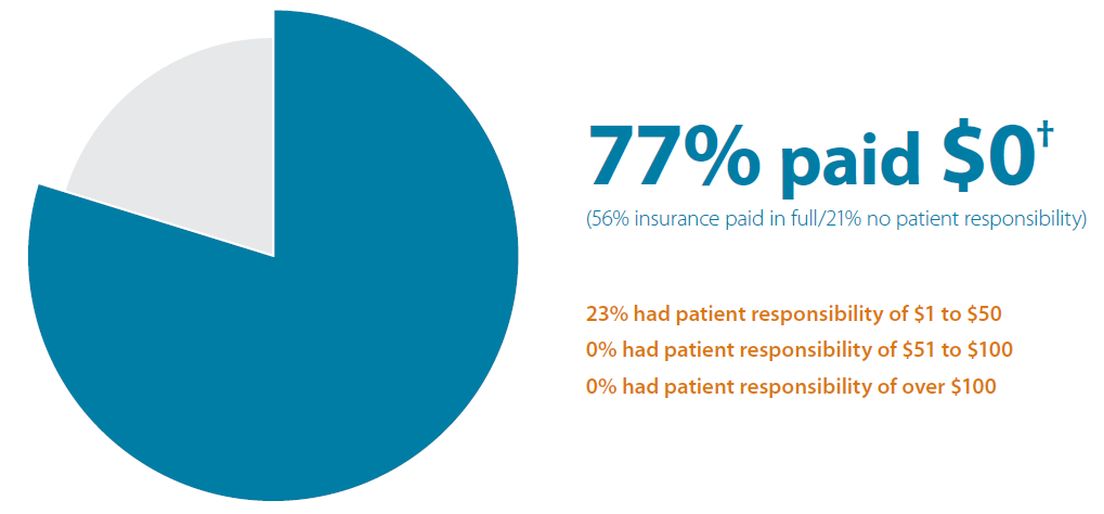Optimizing Inflammatory Bowel Disease Treatment through Biologic Drug Monitoring
Labcorp's DoseASSURE test portfolio provides tests for both drug concentration (TDM) and anti-drug antibody (immunogenicity)
Inflammatory Bowel Disease (IBD) is a chronic disease impacting nearly 1.2 million Americans.1 Developments in treatment, such as biologics, have greatly improved quality of life for patients and advancements in laboratory testing are helping to support diagnosis and optimize therapy. Labcorp offers leading expertise and comprehensive testing services to support physicians in the management of IBD patients.
Biologics monitoring assays measure both drug concentration and anti-drug antibodies to support improved clinical outcomes and characterize those patients who may have diminished response to therapy.2, 3, 4, 5
DoseASSURE, Labcorp’s portfolio of biologics monitoring assays, may help physicians optimize biological therapy using a personalized, patient-specific approach.
Patient-specific clinical context must be taken into account when evaluating drug and anti-drug antibody. Serial measurements over time may be helpful.

